NON-FAT DRY MILK & SKIM MILK POWDER LOW HEAT (25KG)
Non-Fat Dry Milk Powder | USDA Grade A Fat Free Milk rBST & rBGH Free, Non-GMO, Kosher | Shelf Stable Powdered Milk. Spray dried Nonfat Dry Milk Low Heat is the powder resulting from the removal of fat and water from fresh milk from cows.
DESCRIPTION
NON-FAT DRY MILK POWDER
Non-fat Dry Milk Powder for sale. It is derived from pasteurized skim milk for use in low, medium, or high-heat applications. It is essential for good loaf volume in bread. Low-heat nonfat dry milk is important for optimizing sensory properties in dairy foods and beverages.
PRODUCT DEFINITION
Non-fat Dry Milk Powder and skimmed milk powder are very similar but are defined by two different sets of regulations and authorities. NDM is defined by the U.S. Food and Drug Administration, while SMP is defined by CODEX Alimentarius. Both are obtained by removing water from pasteurized skim milk. Both contain 5% or less moisture (by weight) and 1.5% or less milkfat (by weight). The difference is that skimmed milk powder has a minimum milk protein content of 34%, whereas nonfat dry milk has no standardized protein level.
Nonfat dry milk and skimmed milk powder are classified for use as ingredients according to the heat treatment used in their manufacture. There are three main classifications: high-heat, medium-heat and low-heat. Spray-dried nonfat dry milk and skimmed milk powders are available in two forms: ordinary or non-agglomerated (non-instant) and agglomerated (instant).
TYPICAL APPLICATIONS NON-FAT DRY MILK POWDER
For bakery, confectionery, dairy, meat products, and prepared mixes as:
- An economical source of nonfat dairy solids
- A source of functional dairy solids
- High-heat nonfat dry milk & skimmed milk powder is important for good loaf volume in breads
- Low-heat nonfat dry milk & skimmed milk powder is important for optimizing sensory properties in dairy foods and beverages
- A partial replacement for whey protein concentrate that provides similar concentrations of lactose but different types of protein and minerals/ash
- An easily transported and stored dairy ingredient
| Typical Composition | |
|---|---|
| Protein | 34.0% – 37.0% |
| Lactose | 49.5% – 52.0% |
| Fat | 0.6% – 1.25% |
| Ash | 8.2% – 8.6% |
| Moisture | 3.0% – 4.0% (non-instant) 3.5% – 4.5% (instant) |
PHYSICAL AND CHEMICAL CHARACTERISTICS
| Typical Microbiological Analysis: | |
|---|---|
| Standard plate count | < 10,000 cfu/g* |
| Coliform | < 10/g (maximum) |
| E.coli | Negative |
| Salmonella | Negative |
| Listeria | Negative |
| Coagulase-positive staphylococci | Negative |
| Other Characteristics: | |
|---|---|
| Scorched particle content | 7.5 – 15.0mg (spray-dried milk) 22.5mg (roller-dried) |
| Titratable acidity | 0.14 – 0.15% |
| Solubility index | 1.0 ml (instant) 1.2 ml (spray-dried, low-heat) 2.0 ml (spray-dried, high-heat) 15.0 ml (roller-dried) |
| Color | White to light cream color |
| Flavor | Clean, pleasing dairy flavor |
*Extra grade
PACKAGING
PACKAGING MILK POWDER
– Stitched or glued, multiwall kraft bag with polyethylene inner liner. No staples or metal fasteners. Also available in plastic-lined corrugated paperboard or aluminum tote bins.
– Delivered in 25kg multi-ply paper sacks with inner polyethene liner. Stacked on a 1000 x 1200 pallet in 8 layers
of 5 bags (1000kg per pallet) The product should be stretch or shrink wrapped for transportation protected
against damage during transportation.
– Dry Milk Powder Bulk Packaging: 55LB Bag
– Non-fat Dry Milk Powder Bulk Pallet: 50 – 55 LB Bags
STORAGE NON-FAT DRY MILK POWDER
Non-fat Dry Milk Powder is Ship and store in a cool, dry environment at temperatures less than 27°C and relative humidity less than 65%. The shelf life of non-instant nonfat dry milk powder is 12-18 months; instant is 6-12 months. Note that storage life is very dependent on storage conditions, and that this figure is only a guide. Under ideal conditions, non-instant nonfat dry milk powder can retain its physical and functional properties for at least two years; however, quality will be impaired if temperatures and humidity are too high and storage is extended. For more information on milk powders, please see our Milk Powder Storage Fact Sheet.
RECOMMENDED USES OF A FUNCTION OF HEAT TREATMENT
Typical Processing Treatment Undenatured Whey Protein Nitrogen* (mg/g)Recommended Applications
| Classification | Typical Processing Treatment | Undenatured Whey Protein Nitrogen* (mg/g) | Recommended Applications |
|---|---|---|---|
| Low-heat | Cumulative heat treatment of milk not more than 70ºC for 2 minutes | > 6.00 | Fluid milk fortification, cottage cheese, cultured skim milk, starter culture, chocolate dairy drinks, ice cream |
| Medium-heat | Cumulative heat treatment of 70 -78ºC for 20 minutes | 1.51 – 5.99 | Prepared mixes, ice cream, confectionery, meat products |
| High-heat | Cumulative heat treatment of 88ºC for 30 minutes | < 1.50 |

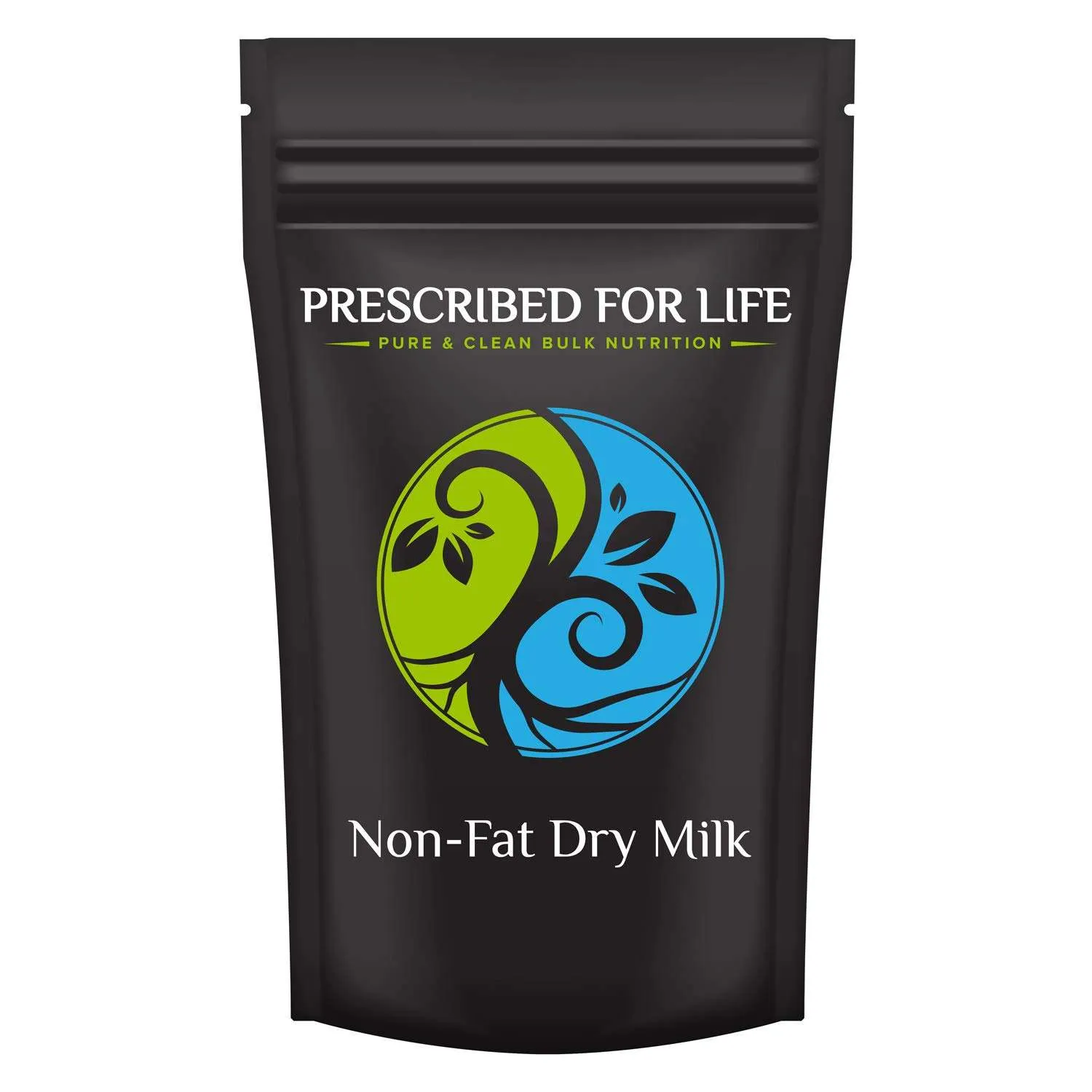
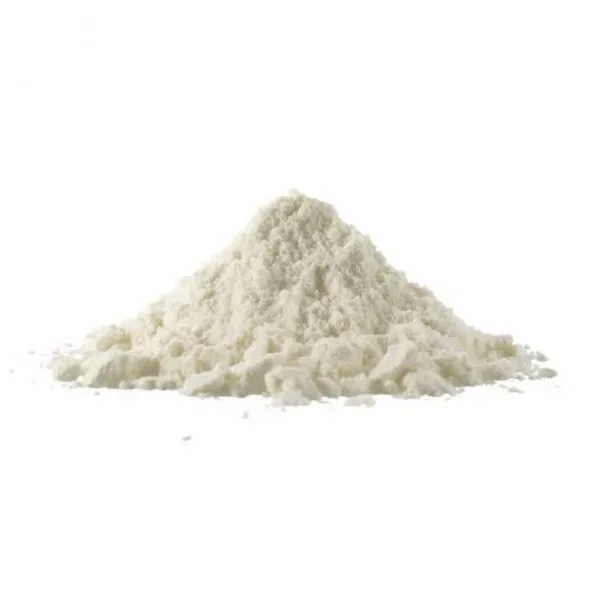
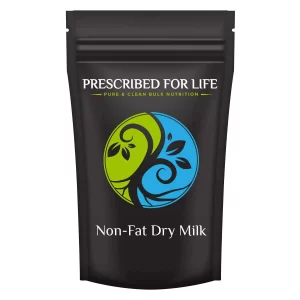
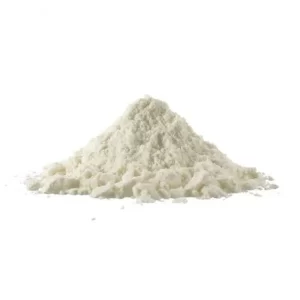
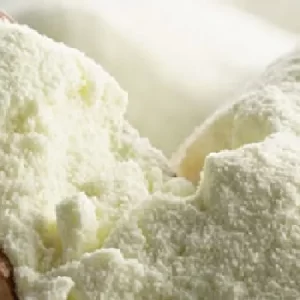
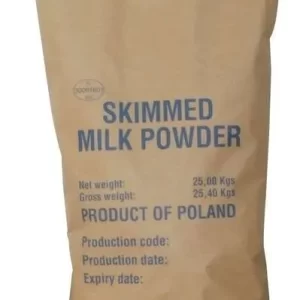
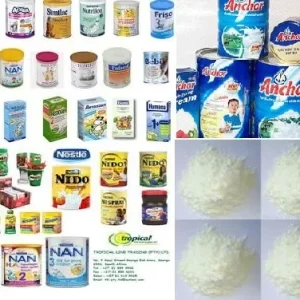
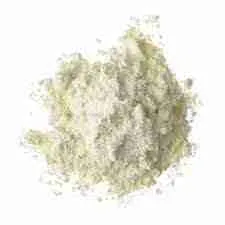
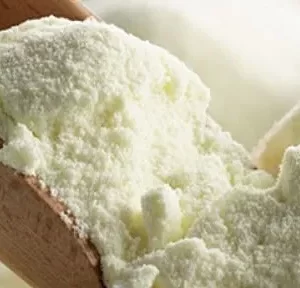
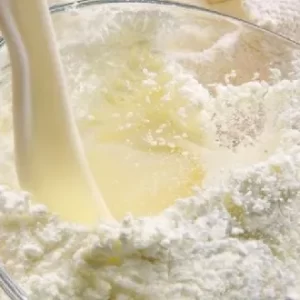
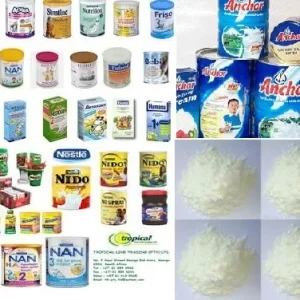
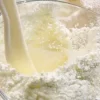
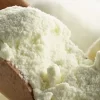
Reviews
There are no reviews yet.